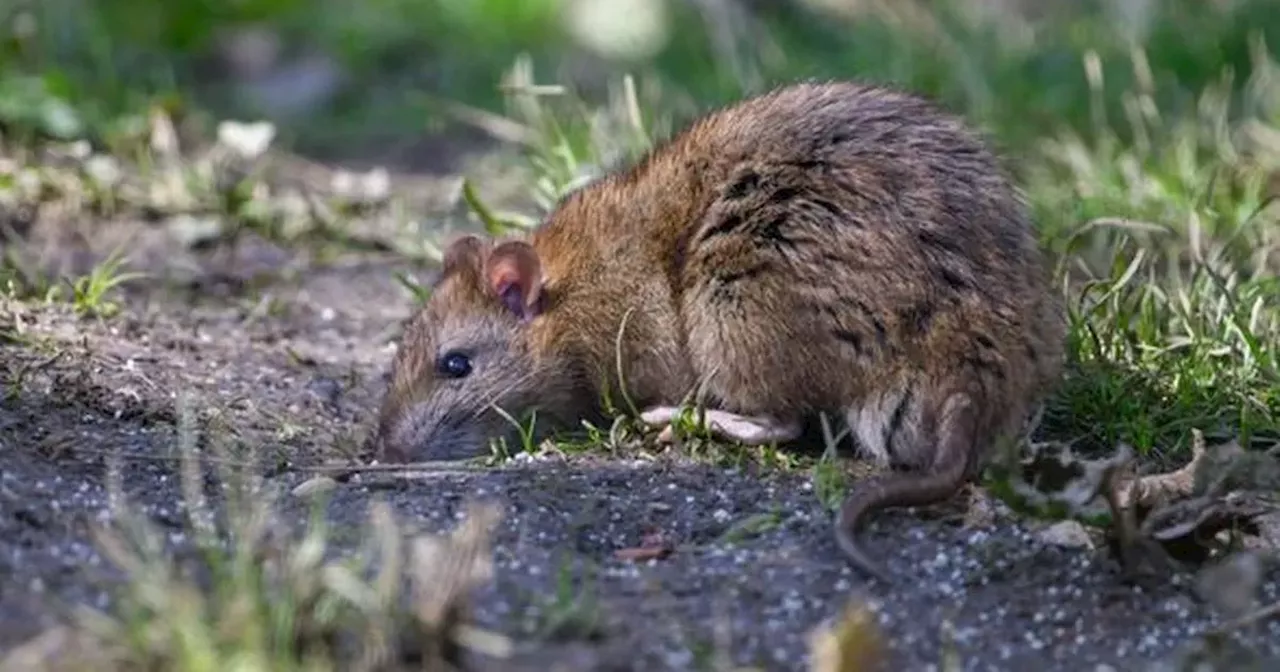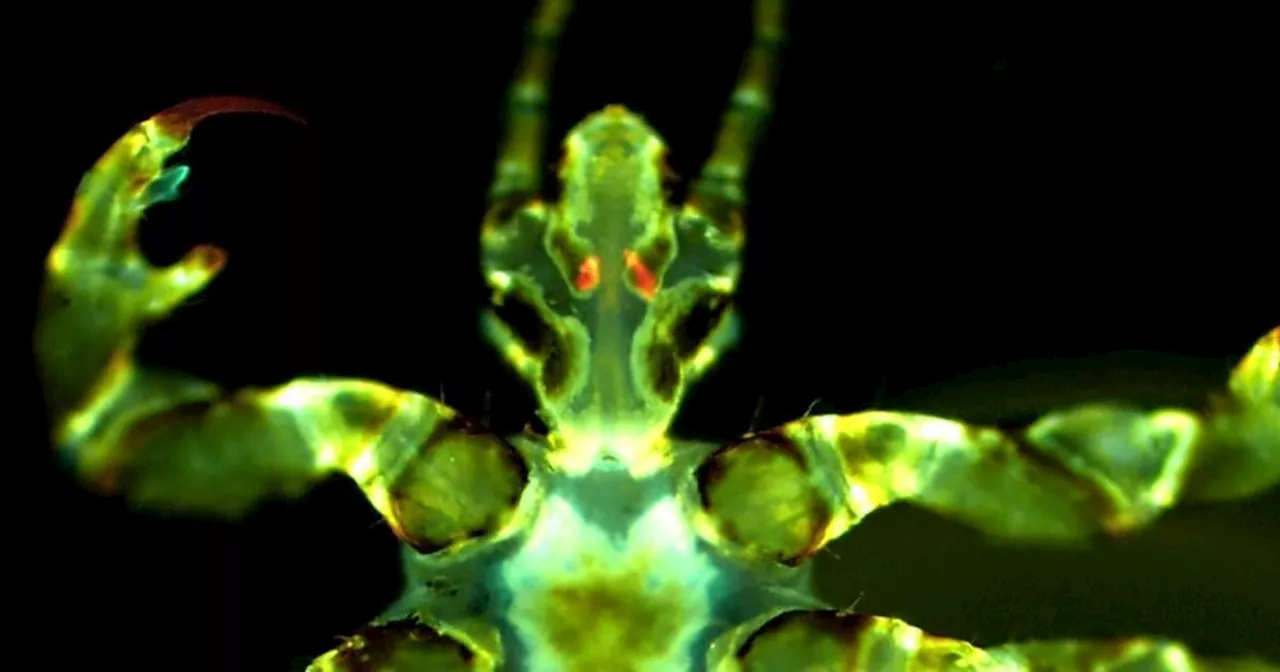Rats might not be entirely to blame.
A louse infected with plague Human body lice may be just as responsible for spreading the plague as rats and fleas, a new study suggests. The findings challenge widespread views of how the Black Death wreaked havoc in the Middle Ages, say scientists. And are pretty gross, to be honest. The bubonic plague pandemic – one of the most deadly in history – spread across Britain and Europe from 1346 to 1353, wiping out as many as 50 million people, up to half the continent’s population.
pestis, but are widely considered to be too inefficient at spreading it to contribute substantially to outbreaks. ‘However, the few studies that have addressed lice transmission efficiency have disagreed considerably.’ The Great Plague of London, c1779, painted by William Blake Private Collection Dr Bland and his team conducted a series of lab experiments in which body lice fed on blood samples containing Y. pestis.
United Kingdom Latest News, United Kingdom Headlines
Similar News:You can also read news stories similar to this one that we have collected from other news sources.
 Keep rats out your garden with DIY deterrent that rodents 'cannot stand'Rats are not only a nuisance in your garden, but they can also spread harmful diseases. Here's how to deter them.
Keep rats out your garden with DIY deterrent that rodents 'cannot stand'Rats are not only a nuisance in your garden, but they can also spread harmful diseases. Here's how to deter them.
Read more »
Video shows bin workers met by pack of squealing ratsFootage of a pack of squealing rats desperately trying to get out of a bin in Glasgow has emerged.
Read more »
 Kirkintilloch residents hit out at 'disgusting' fly-tipping amid complaints 'rats running wild'A local resident snapped a photo of the green waste bin with full black bin bags peering over the top of it. A sofa and a mattress were also dumped at the side.
Kirkintilloch residents hit out at 'disgusting' fly-tipping amid complaints 'rats running wild'A local resident snapped a photo of the green waste bin with full black bin bags peering over the top of it. A sofa and a mattress were also dumped at the side.
Read more »
RSPCA shares how to get rid of rats without harming themThe RSPCA has shared how you can get rid of mice and rats in your home or garden without killing them.
Read more »
 Study in rats helps scientists work out the effects of exercise at the cellular levelThe health benefits of exercise are well known but new research shows that the body's response to exercise is more complex and far-reaching than previously thought.
Study in rats helps scientists work out the effects of exercise at the cellular levelThe health benefits of exercise are well known but new research shows that the body's response to exercise is more complex and far-reaching than previously thought.
Read more »
 Researchers identify key molecular alterations from endurance exercise that could combat chronic diseasesA whole-organism molecular map of the temporal effects of endurance training in rats.
Researchers identify key molecular alterations from endurance exercise that could combat chronic diseasesA whole-organism molecular map of the temporal effects of endurance training in rats.
Read more »
